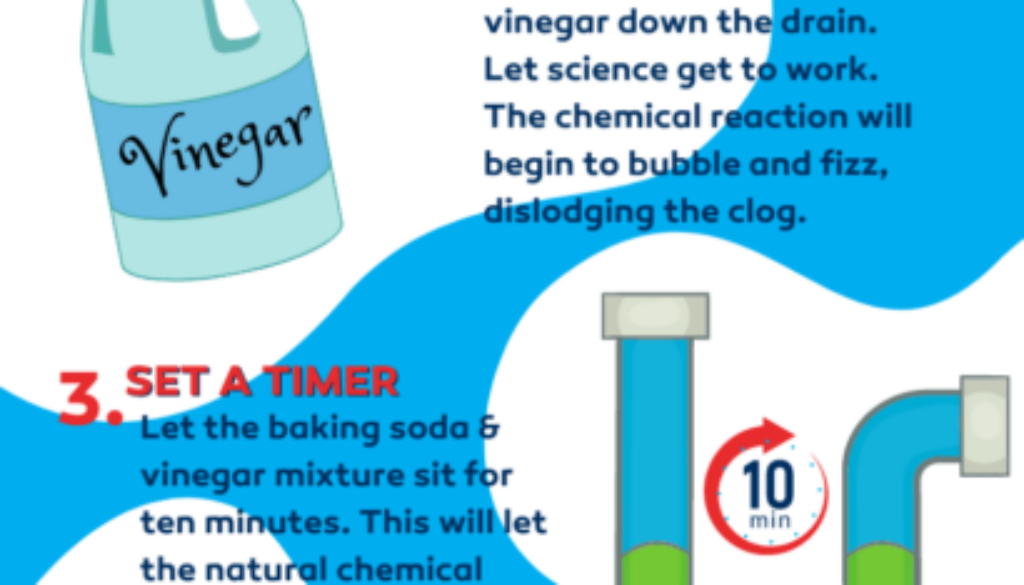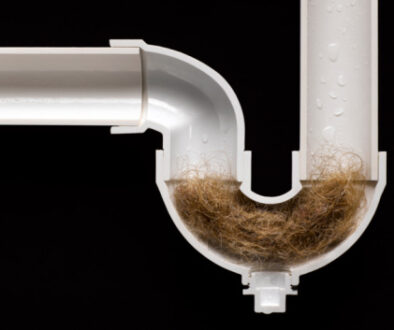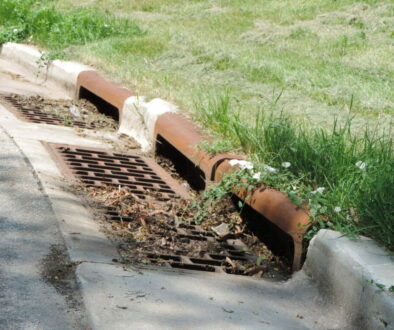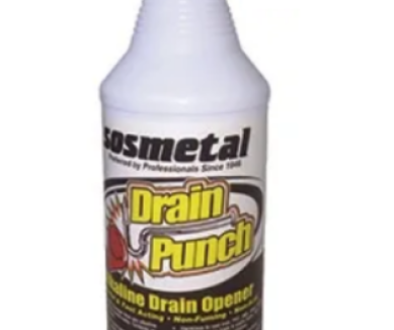Is Baking Soda Good For Cleaning Drains
Is baking soda good for cleaning drains? Let’s find out! 🧽💧
Paragraph 1:
If you’ve ever had a pesky clogged drain, you know just how frustrating it can be. But fear not, because there’s a secret weapon hiding in your pantry: baking soda! Yes, that staple ingredient you use for baking cookies can also work wonders when it comes to tackling those stubborn clogs.
Paragraph 2:
You might be wondering, “Why baking soda? How can it possibly help unclog a drain?” Well, here’s the science behind it: baking soda is a natural cleaner and deodorizer, thanks to its alkaline properties. When mixed with vinegar or hot water, it creates a powerful chemical reaction that can break down blockages and clear your pipes.
Paragraph 3:
Not only is baking soda a safe and effective option for cleaning drains, but it’s also budget-friendly and eco-friendly. Using baking soda as a drain cleaner can help you avoid harsh chemicals that can be harmful to both your family and the environment. So, next time you’re faced with a slow-draining or clogged sink, reach for that trusty box of baking soda and give it a try! 🌿🌟
- Step 1: Pour boiling water down the drain.
- Step 2: Sprinkle baking soda into the drain.
- Step 3: Pour vinegar down the drain and let it fizz.
- Step 4: Let the mixture sit for 15 minutes.
- Step 5: Flush the drain with hot water.
Try this natural and effective method for a clean and clog-free drain!
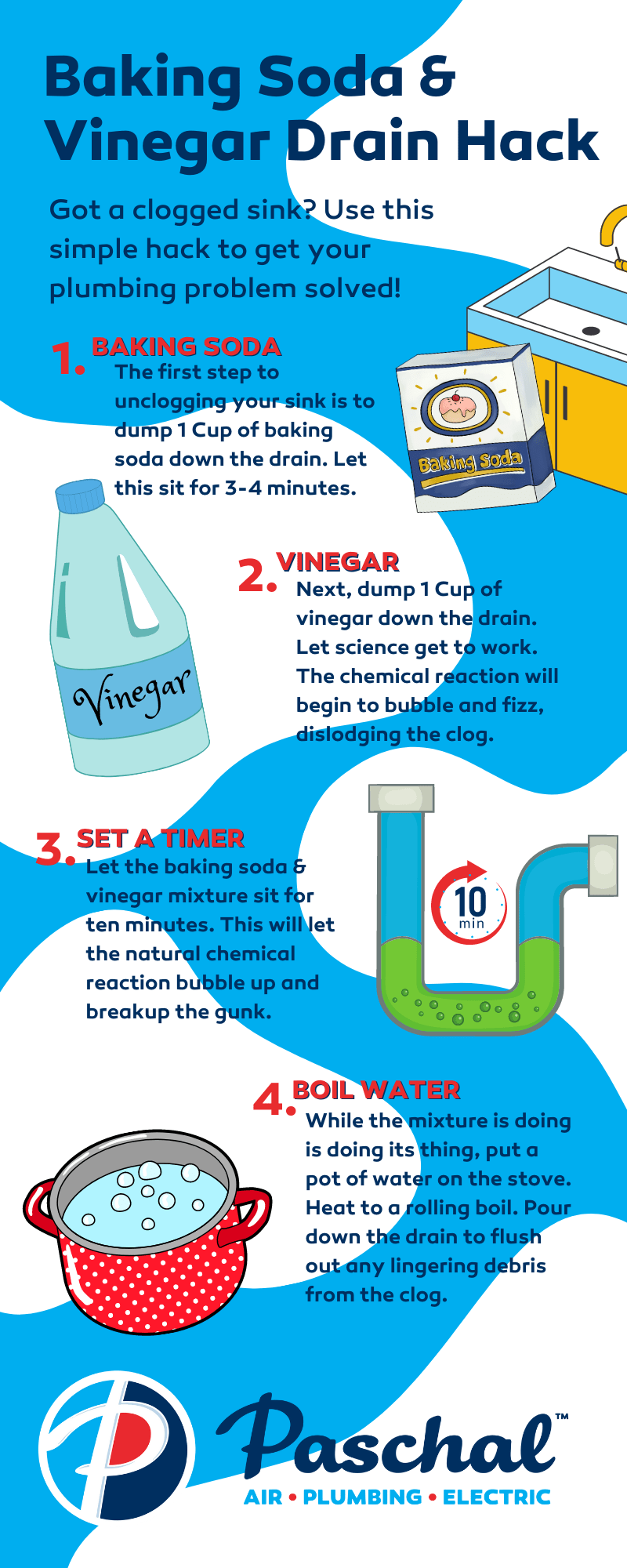
Is Baking Soda Good for Cleaning Drains?
Baking soda is a common household ingredient known for its versatility in cooking and cleaning. Many people swear by its effectiveness when it comes to tackling clogged drains. But is baking soda really good for cleaning drains? In this article, we will explore the science behind baking soda’s cleaning properties and discuss its effectiveness as a drain cleaner. Whether you’re dealing with a minor clog or want to prevent future blockages, read on to find out if baking soda is the solution you’ve been looking for.
The Science Behind Baking Soda’s Cleaning Power
Baking soda, also known as sodium bicarbonate, is a white crystalline powder commonly used as a leavening agent in baking. It has a slightly alkaline pH, which can help neutralize acids and break down organic matter. When combined with water or another liquid, baking soda undergoes a chemical reaction that produces carbon dioxide gas, creating bubbles and fizzing action. This effervescence can help dislodge debris and grime from the inside of drains, allowing them to flow freely again.
How to Clean Drains with Baking Soda
Now that we understand the science behind baking soda’s cleaning power, let’s dive into how you can use it to clean your drains effectively. The process is simple and requires only a few common household items:
- Baking soda
- Vinegar
- Hot water
- A plunger or drain snake (in case of severe clogs)
First, remove any visible debris or hair from the drain using gloves or a drain snake if necessary. Then, pour a pot of boiling water down the drain to help flush away any remaining obstructions. Next, measure about half a cup of baking soda and pour it directly into the drain. Follow this with approximately one cup of vinegar. The combination of baking soda and vinegar will create a foaming reaction that helps break down grime and clear the drain. Allow the mixture to sit for 15-30 minutes, then flush the drain with hot water. Repeat if necessary.
It’s important to note that while baking soda can be effective for minor clogs and regular maintenance, severe or persistent clogs may require professional intervention. Additionally, this method may not be suitable for all types of drains, such as those made of certain materials or sensitive plumbing systems. Always consult the manufacturer’s guidelines or seek professional advice if you’re unsure.
The Benefits of Using Baking Soda for Drain Cleaning
Using baking soda to clean drains offers several benefits that make it an attractive option for many homeowners:
- Cost-effective: Baking soda is an affordable alternative to commercial drain cleaners, which can be more expensive.
- Environmentally friendly: Baking soda is non-toxic and safe to use around children, pets, and the environment, unlike harsh chemical cleaners.
- Multipurpose: Baking soda has various other cleaning uses in the kitchen, bathroom, and beyond, making it a versatile cleaning option.
Tips and Precautions for Using Baking Soda as a Drain Cleaner
While baking soda can be a handy tool for maintaining clean drains, there are a few tips and precautions to keep in mind:
- Regular maintenance: Using baking soda regularly as a preventive measure can help keep your drains clear and odor-free.
- Avoid combining with other substances: Do not mix baking soda with other cleaning agents, especially vinegar, as it may create harmful chemical reactions.
- Use caution with septic systems: If you have a septic system, be mindful of using excessive amounts of baking soda, as it can disrupt the balance of good bacteria in the tank.
Is Baking Soda the Right Choice for Your Drains?
In conclusion, baking soda can indeed be a good option for cleaning drains, especially for minor clogs and regular maintenance. Its alkaline properties and foaming action can help break down grime and keep your drains flowing smoothly. However, it’s essential to consider the specific needs and limitations of your plumbing system before using baking soda as a drain cleaner. If you’re dealing with a severe or persistent clog, or if you’re unsure about your drain’s compatibility with baking soda, it’s best to seek professional advice. Remember to always follow safety precautions and consult the manufacturer’s guidelines when using any cleaning method on your drains.
Key Takeaways: Is Baking Soda Good for Cleaning Drains?
- Baking soda is an effective and safe option for cleaning drains.
- It helps in removing odors and unclogging minor drain clogs.
- To use baking soda for cleaning drains, pour it down the drain followed by hot water.
- For stubborn clogs, create a paste of baking soda and vinegar, apply it to the drain, and let it sit before flushing with hot water.
- Regular maintenance with baking soda can help prevent future drain clogs.
Frequently Asked Questions
If you’re looking for an effective way to clean your drains, you might have heard that baking soda is a popular choice. Here are some common questions and answers about using baking soda for cleaning drains.
Q: How does baking soda help clean drains?
A: Baking soda is a natural cleaning agent that can help break down and dissolve stubborn clogs and residue in your drains. When combined with other ingredients like vinegar or boiling water, it creates a fizzy reaction that helps dislodge debris and clear blockages. Baking soda is also great for neutralizing odor-causing bacteria in your drains.
However, it’s important to note that baking soda is most effective for minor clogs and regular maintenance. For more severe or persistent blockages, it may be best to consult a professional plumber.
Q: Can I use baking soda to unclog a drain without any other ingredients?
A: While baking soda alone can help in some cases, combining it with other ingredients like vinegar or boiling water will give you better results. When baking soda reacts with vinegar or boiling water, it creates a bubbling effect that can help break down clogs and clear your drains more effectively. Simply pour a cup of baking soda into the drain, followed by a cup of vinegar or boiling water, and let it sit for a few minutes before flushing with hot water. This combination will provide the best results for unclogging drains.
Remember, for more severe clogs, it’s always a good idea to seek professional help to prevent potential damage to your plumbing system.
Q: Is baking soda safe to use on all types of drains?
A: Baking soda is generally safe to use on most types of drains, including metal, plastic, and porcelain. However, it’s always a good idea to check the manufacturer’s instructions or consult a professional if you’re unsure about using baking soda on a specific type of drain. Additionally, avoid using baking soda on drains made of soft materials like rubber to prevent any potential damage.
If you have a septic system, be cautious when using baking soda in large quantities as it may disrupt the balance of bacteria in the septic tank. In such cases, it’s best to consult a professional for guidance.
Q: How often should I use baking soda to clean my drains?
A: It’s recommended to use baking soda for regular maintenance and prevention of clogs. You can use it once a month by pouring a cup of baking soda into the drain, followed by hot water. This helps keep your drains clean and odor-free.
However, if you’re experiencing frequent clogs or notice a persistent odor, it’s best to consult a professional plumber to identify and address any underlying issues with your plumbing system.
Q: Are there any alternatives to baking soda for cleaning drains?
A: Yes, there are a few alternatives to baking soda for cleaning drains. One popular option is using a mixture of salt and hot water to flush out debris and clear clogs. Another option is using a commercial drain cleaner specifically designed for your type of drain. However, it’s important to follow the instructions carefully and consider the potential environmental impact of commercial drain cleaners.
If you prefer natural alternatives, you can also try using lemon juice or vinegar to help remove buildup and eliminate odors in your drains. Ultimately, the best method may depend on the severity of the clog and the type of drain you’re dealing with.
Baking Soda And Vinegar Drain Cleaner: Sewer Myth or Fact?
Summary
Cleaning drains with baking soda can be effective and safe.
Regular use of baking soda can help prevent clogs and keep drains smelling fresh.
However, it is important to know the limitations and use other methods for stubborn clogs.
Overall, baking soda is a useful and natural option for keeping drains clean and clear.

